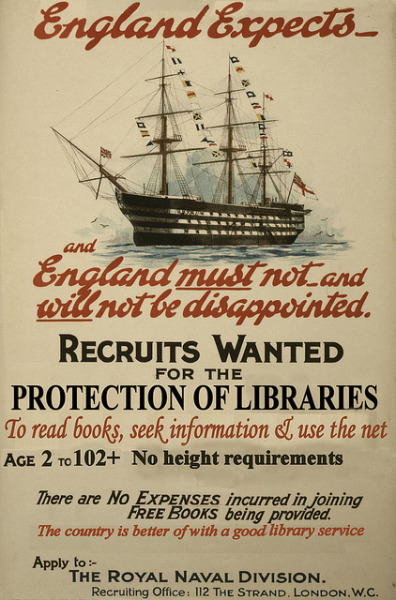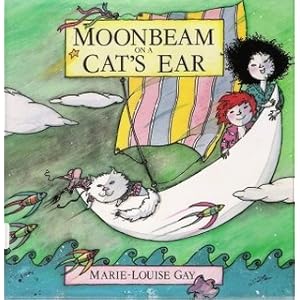A little alliteration makes for a good headline. An entirely alliterated title is huge.
Anyways, there is an interesting article from American Library Magazine on the news that Syracuse U. Library has backed down in the face of faculty ‘fury’ over moving some books to off-site storage.
Interestingly, the ALM article is a critique of one the biggest myths of academic library use: the serendipity of browsing the shelves.
Here are some points that jumped out at me:
Although today’s academic library users may feel that browsing is an ancient scholarly right, the practice is in fact no older than the baby-boomer faculty who so often lead the charge to keep books on campus. Prior to the Second World War, the typical academic library was neither designed nor managed to support the browsing of collections. At best, faculty might be allowed to browse, but it was the rare academic library that allowed undergraduates into the stacks. To this day academic-library special collections—real treasure troves for scholars in the letters and humanities—remain entirely closed to browsing…
If browsing does not have a long academic history, one could argue that it is still a desirable thing because it leads to serendipitous discoveries. The problem is that such serendipity depends on whatever happens to be on the shelf at the time of browsing. Because the books in highest demand are most likely to be in use and, thus, off the shelf, browsing academic library shelves is the equivalent of hitting the sale tables on day three of a three-day sale…[full article
Having done my share of work in academic libraries pursuing my own studies, I can’t say all this isn’t true.
There is something wildly capital R romantic about idly dragging your finger along titles in the stacks. But, in practical terms, these little excursions were more about the drama of the liberal arts academic lifestyle and not nearly as effective as actually learning to use OPACs and databases well (or getting in touch with librarians who were always ready to help out).
The article ends with a decent summary of the realities of the situation.
While the presence of books may help to send the message that one has entered a place of scholarship and thoughtfulness… there is no evidence to suggest that the presence of 2 million mostly unused books sends such a message any better than the presence of 200,000 heavily used books. Or that 200,000 books does the job better than 20,000. The notion that there is a relationship between the proximity of large numbers of books and the generation of scholarly thought is a close cousin to the ancient notion that piles of old rags cause the spontaneous generation of mice.
Even if it seems that the proponents of awe-inspiring onsite library collections are winning all the battles, they will eventually lose the war due to a single, unavoidable fact: Huge onsite collections have become an unsustainable luxury.
Old school academics: change is here and more is coming. Please adapt or get out of the way for those who will.









